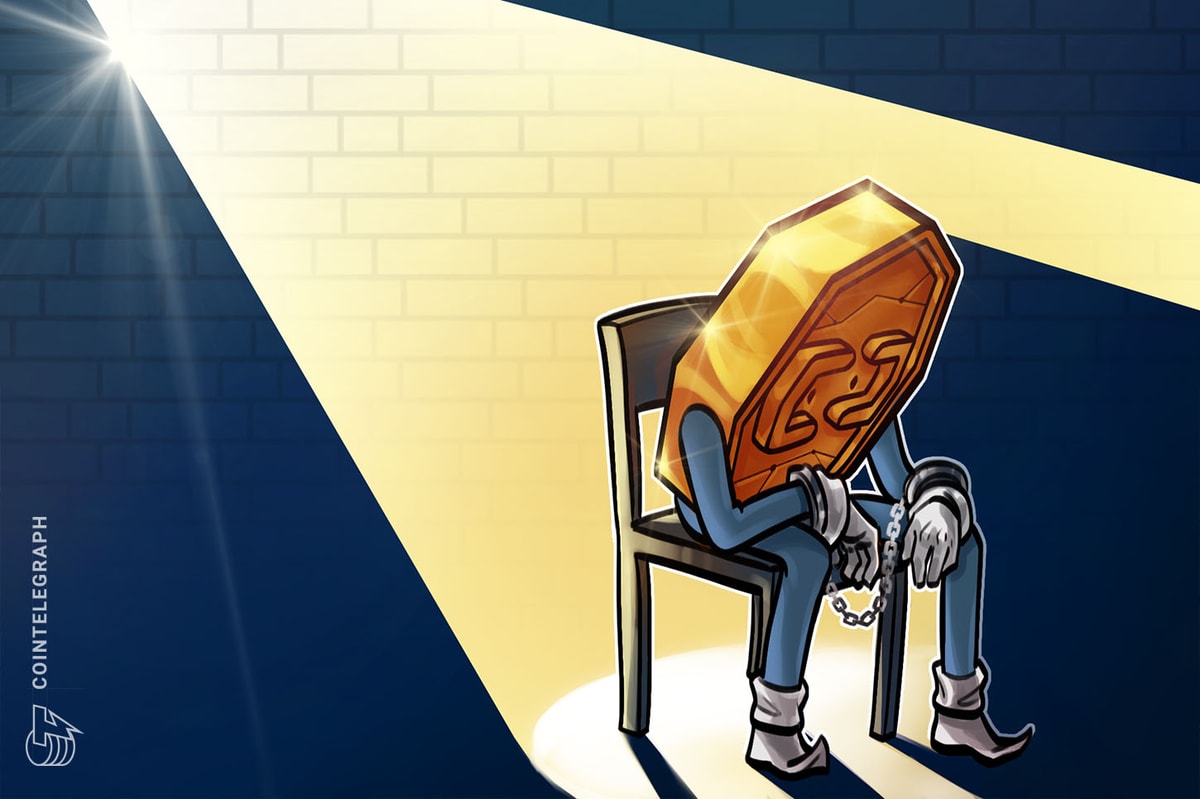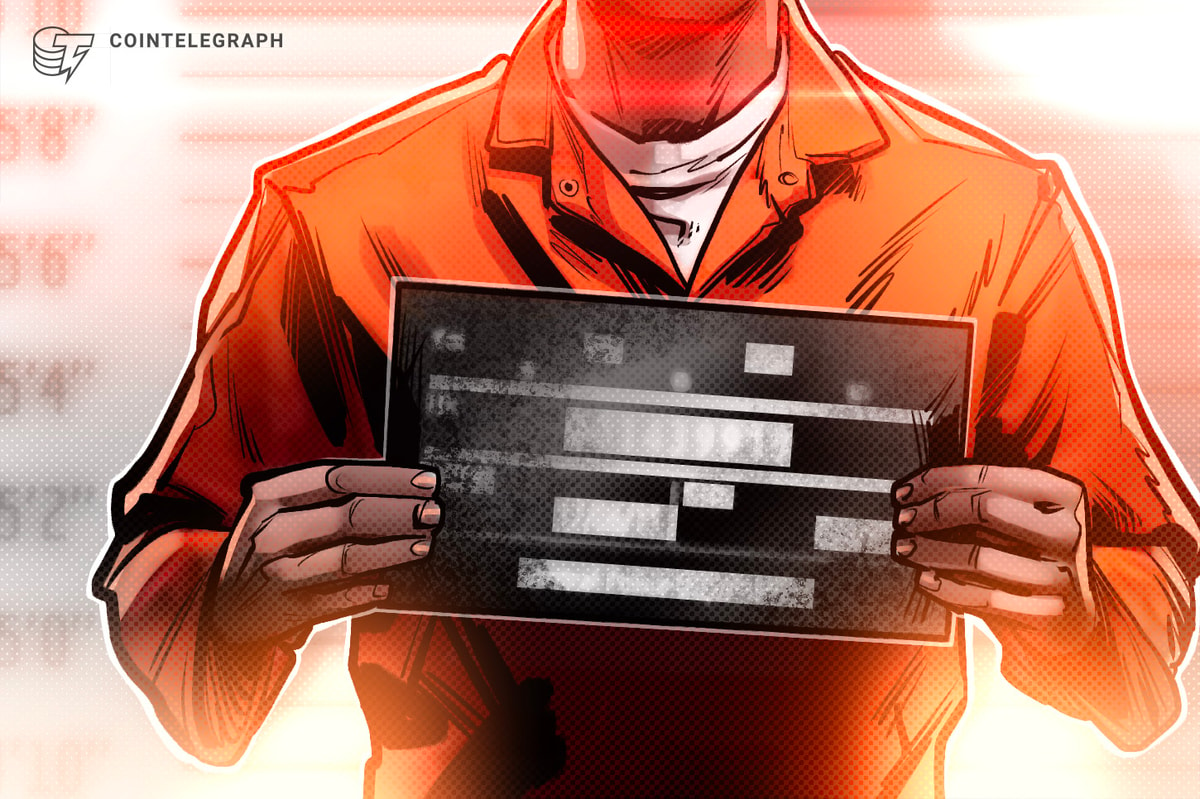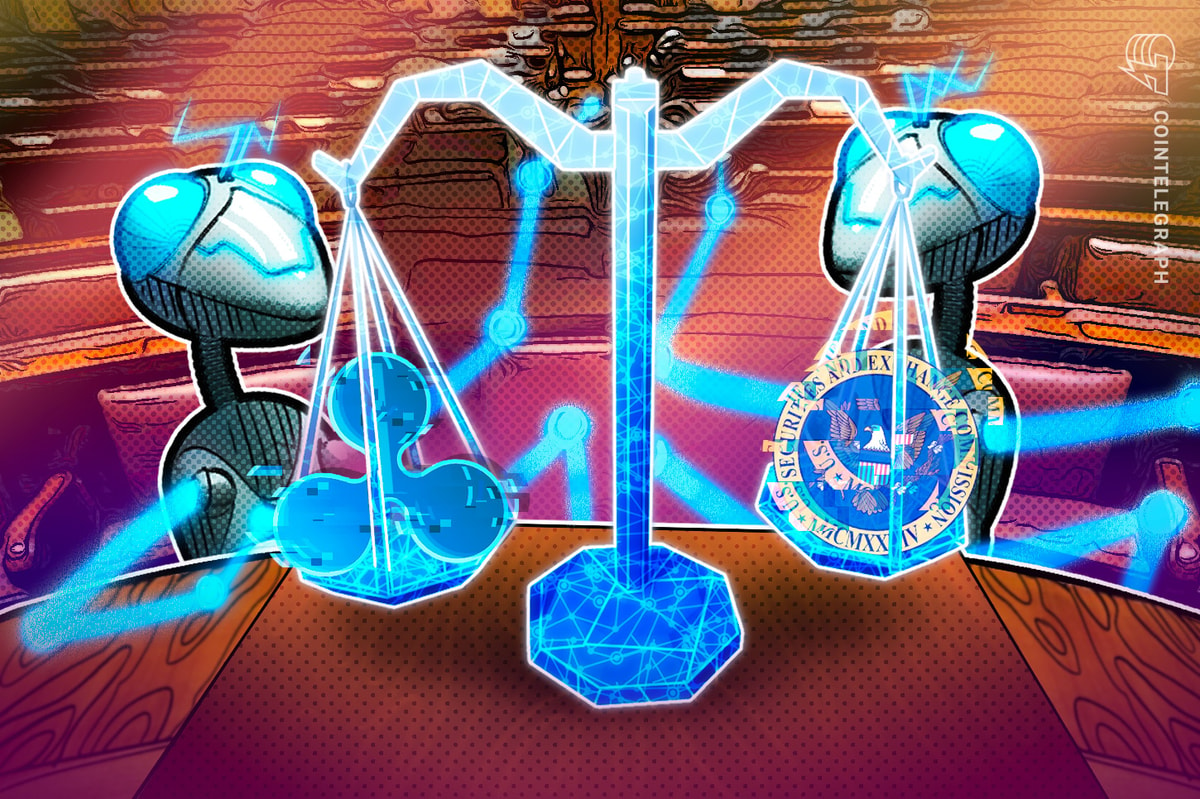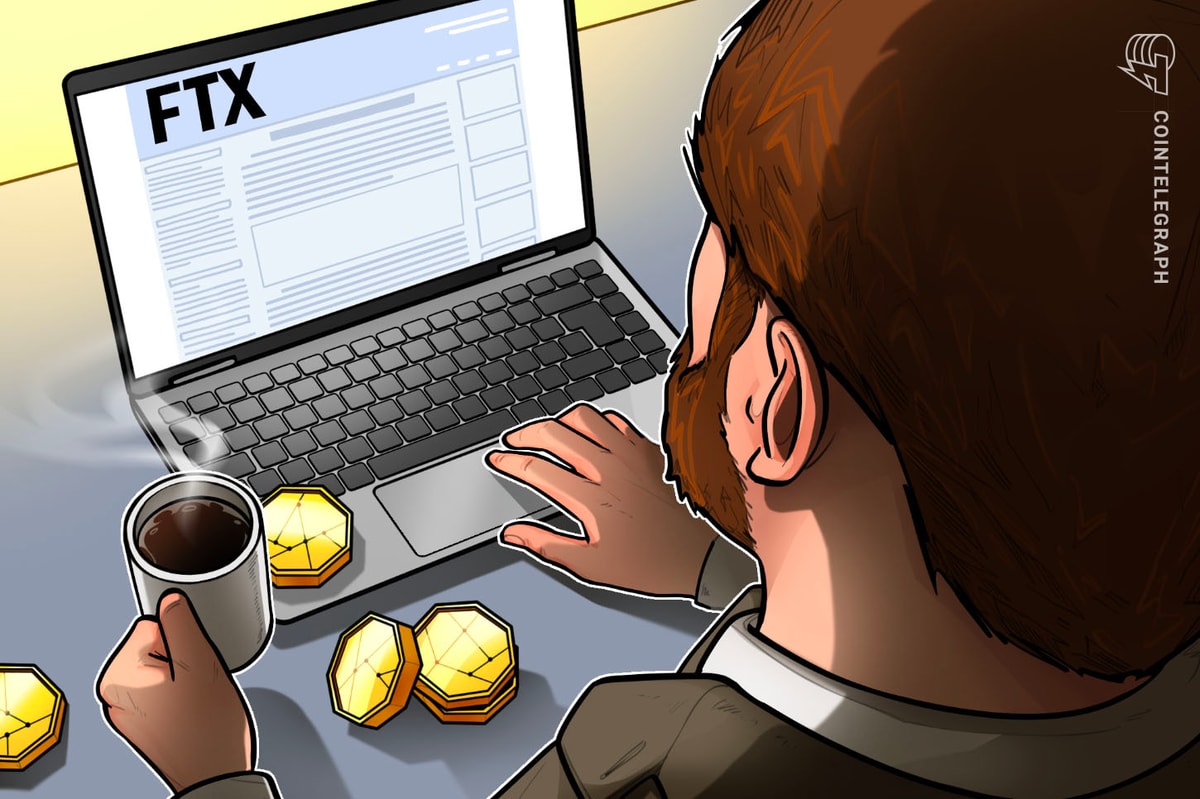Venezuela’s government has blocked access to crypto exchange Binance, social media platform X and other online services amid unrest over disputed presidential election results.
In an Aug. 9 X post, local anti-censorship organization VE sin Filtro said it “detected a DNS block on the cryptocurrency exchange Binance, which affects the normal operation of its website and mobile application.”
“Like several websites of companies from different segments in Venezuela, including social networks, Binance pages have been facing access restrictions,” the exchange’s Latin American-focused X account posted on Aug. 10.

Binance assured its users’ that their funds are safe, adding that it was “monitoring the situation closely to address it in the best and quickest way possible.”
Binance’s peer-to-peer service, where users can directly exchange cash for crypto with one another, is hugely popular in Venezuela as locals seek to offload the highly inflated Venezuelan bolívar currency.
VE sin Filtro recommended Venezuelans use a virtual private network, or VPN, to skirt the block.
The Aug. 9 Binance block comes a day after Venezuelan President Nicolas Maduro said in a televised speech that he ordered telco regulator Conatel to ban access to X in the country for 10 days, Reuters reported.
Maduro and X owner Elon Musk recently had a public spat. Both have offered and accepted challenges to fight each other.
The encrypted messaging app Signal was also blocked the same day, according to internet monitoring project NetBlocks. It added the app “remains functional with the ‘censorship circumvention’ setting enabled.”
Related: Crypto remittances in Venezuela surge as economic situation worsens
Venezuela saw widespread protests after the July 28 presidential election, where Maduro and rival Edmundo González both claimed victory.
The country’s government-controlled electoral authority named Maduro the winner with just over 51% of the vote without releasing a detailed vote count. González claimed that the voting machine printouts his party had collected proved that he had won with nearly 70% of the vote.
The United States, the European Union, the United Kingdom and multiple South American countries have not recognized Maduro’s claim to the presidency, and many have asked for detailed vote counts.
Magazine: How Chinese traders and miners get around China’s crypto ban











